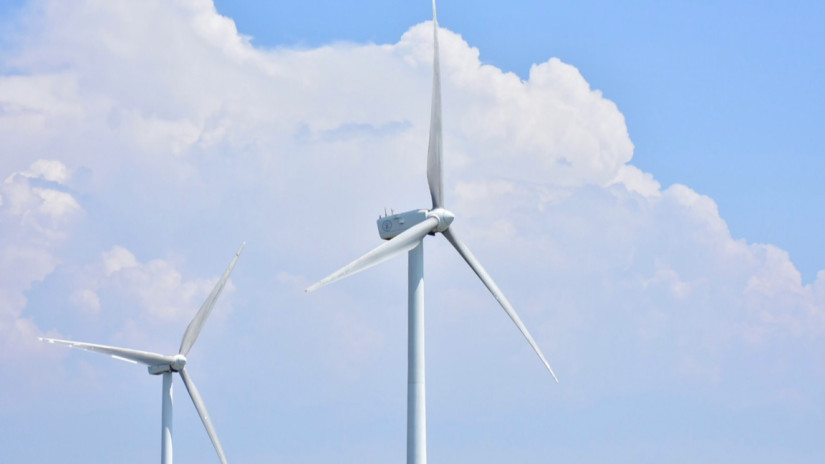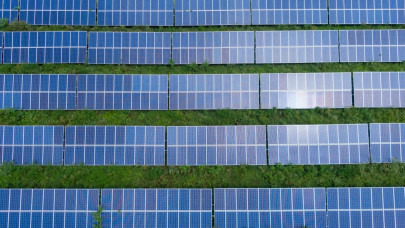Renewables generated 1.21 million Gigawatt-hours (GWh), a 12.4% increase from 2022.
Conversely, electricity generated from fossil fuels decreased by 19.7% compared to the previous year, contributing 0.88 million GWh or 32.5% of total electricity production.
Nuclear plants produced 0.62 million GWh, or 22.8% of the EU's energy production, reflecting a 1.2% increase in production in 2023.
In 2023, preliminary data indicates that the EU's natural gas supply decreased to 12.8 million terajoules (TJ), a 7.4% drop from 2022, marking the lowest since 1995.
Coal supplies saw even sharper declines. Brown coal supply fell by 24.2% to 222,840 million tonnes, while hard coal supply dropped by 20.4% to 130,437 million tonnes. Both figures represent the lowest recorded values since the data series began.
Oil and petroleum products supply totaled 526,862 thousand tonnes, a 1.5% decline from 2022.
In contrast, renewable energy supply increased by 4.4% compared with 2022, reaching approximately 10.9 million TJ in 2023.
This data comes from recent Eurostat publications on energy. The article highlights key findings from the more detailed Statistics Explained article on energy production and imports.












